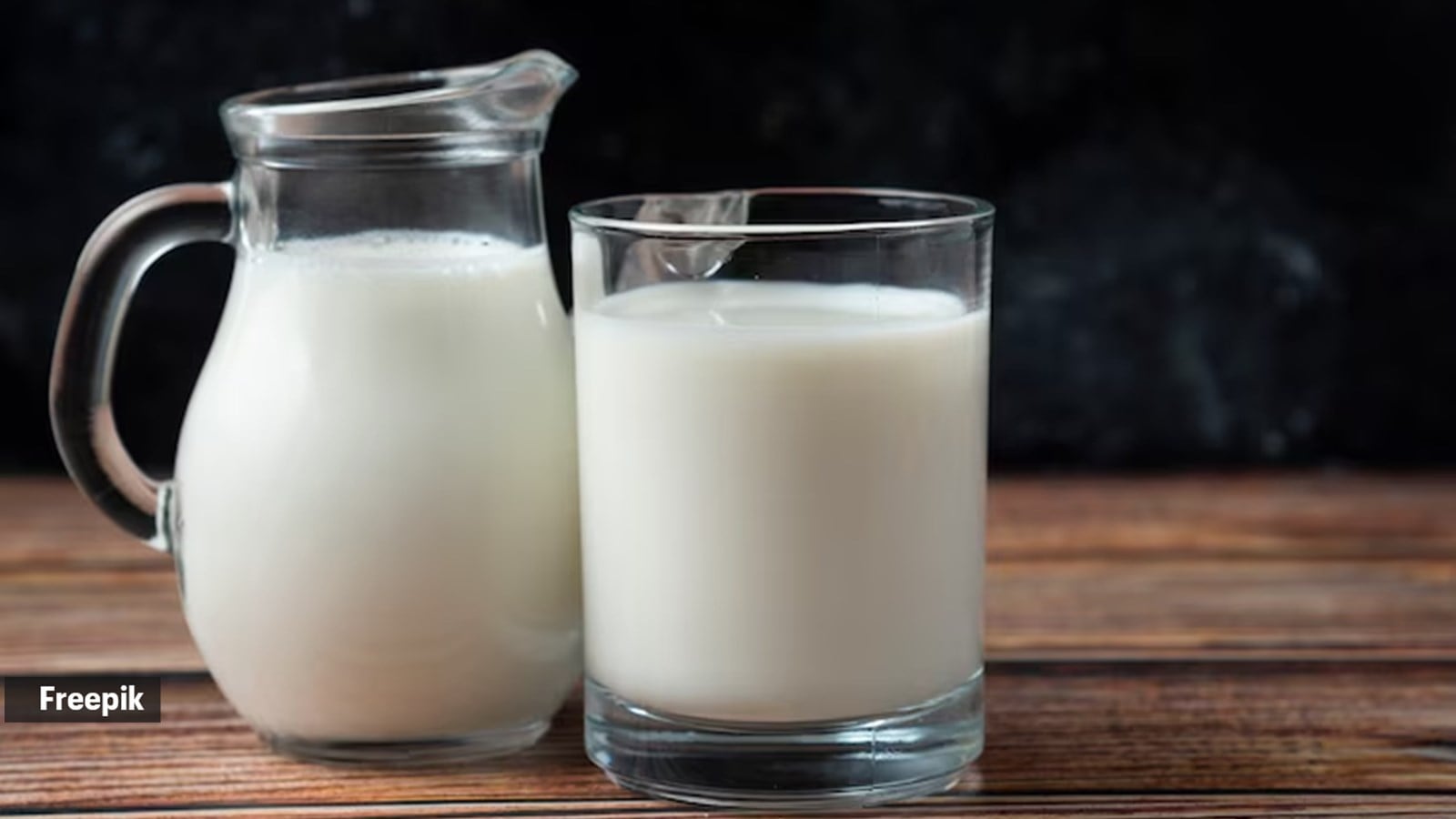To boil or not to boil is often a dilemma that faces those who use packets and cartons of pasteurised milk. To address the age-old question of whether pasteurised milk needs boiling, indianexpress.com spoke with G Sushma, clinical dietician at CARE Hospitals, Banjara Hills, Hyderabad.
Sushma said that there is no need to boil pasteurised milk before consumption. “Pasteurised milk undergoes a heating process to kill harmful bacteria,” she explained. In fact, boiling may compromise its nutritional value. “Prolonged heating can cause the loss of heat-sensitive vitamins like B12 and C,” Sushma said.
She also confirmed that pasteurised milk available at convenience stores can be safely consumed directly before the expiry date, provided it is stored at an appropriate temperature to maintain its shelf life.
Packets and cartons of pasteurized milk are an everyday staple in our kitchen cabinets. The Internet is a wonderful place to gather information, but, of course, everything we learn must be taken with a grain of salt. To answer this age-old question plaguing mothers and grandmothers, Indianexpress.com spoke to G. Sushma, Clinical Dietician at CARE Hospitals, Banjara Hills, Hyderabad, and gained more clarity.
Can such milk have any adverse health impact on the body?
According to Sushma, the texture and taste of milk may change when it is boiled. “Boiling pasteurised milk is not known to cause negative health impacts on the body. However, alterations in the protein structure of milk may cause difficulty in digestion. Denatured proteins are hard for the body to break down and lead to increased waste formation,” said Sushma.
“This may even result in inflammation and other digestive health-related issues. Calcium present in pasteurised milk is also believed to be of poor quality and may cause severe risks such as kidney stones,” she said.
 The characteristics of milk like its texture and taste may also change when pasteurised milk is boiled. (Source: Freepik)
The characteristics of milk like its texture and taste may also change when pasteurised milk is boiled. (Source: Freepik)
Who should avoid drinking such milk?
According to Sushma, individuals prone to allergic reactions or sensitivity to milk protein, and those diagnosed with lactose intolerance, should avoid pasteurised milk.
Story continues below this ad
“If you have been advised to cut out milk from your diet by the advice of a healthcare professional, or if consumption of pasteurised milk aggravates your pre-existing medical conditions, such as galactosemia, you should avoid drinking such milk,” she said.
“And of course, those more prone to a sensitive digestive system may experience difficulty in digesting proteins present in pasteurised milk,” she added.
DISCLAIMER: This article is based on information from the public domain and/or the experts we spoke to. Always consult your health practitioner before starting any routine.

